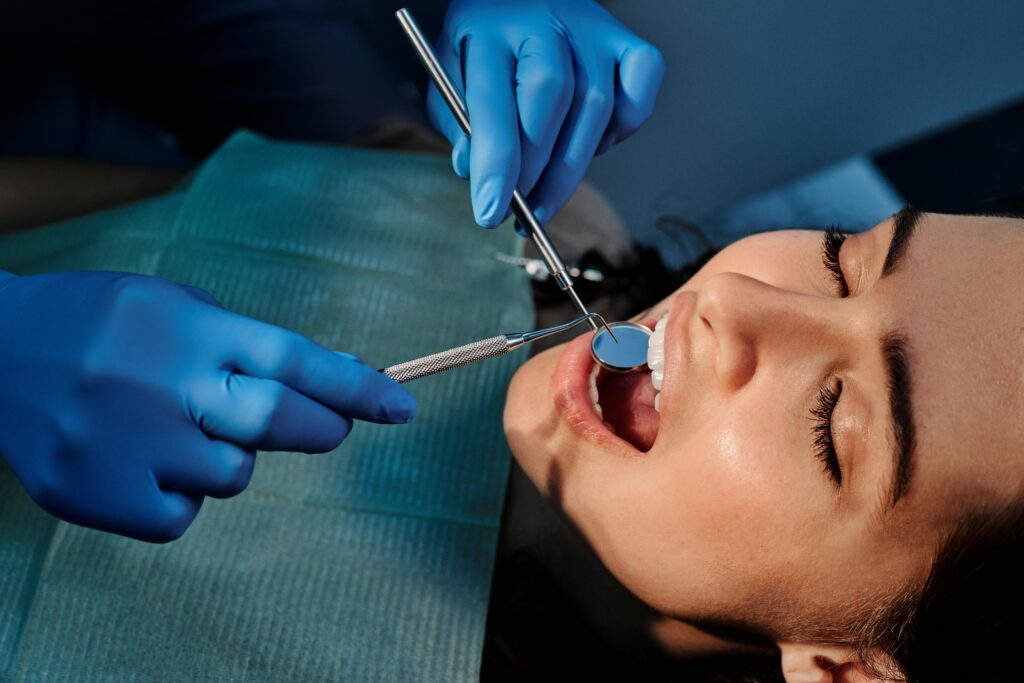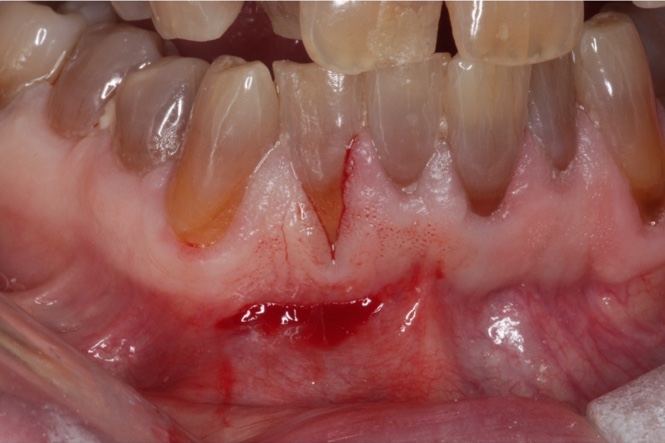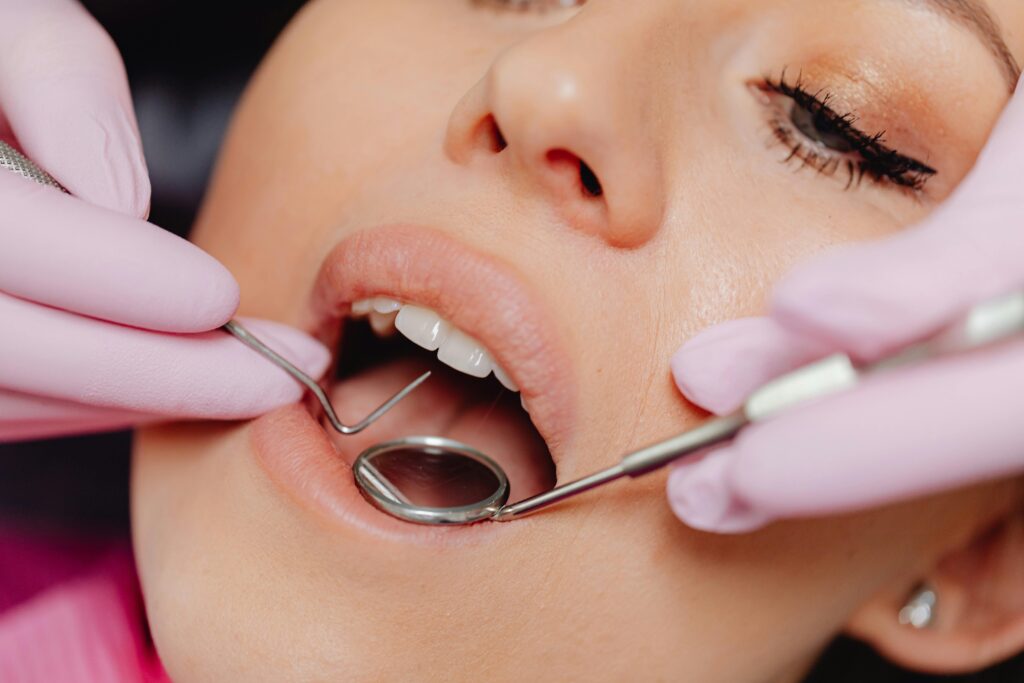You may have had dental work done recently—maybe a crown, veneer, or a few fillings—and now something just feels off. You’re chewing differently, your jaw feels tense, or you’ve started waking up with headaches. Maybe your teeth aren’t lining up the way they used to, and it’s hard to explain, but you know something isn’t quite right.
If that sounds familiar, you’re not alone. Bite issues, or problems with how the upper and lower teeth come together, can develop gradually or show up after changes are made to the teeth. Even small adjustments can shift your bite in ways that create discomfort over time.
At Dental Restorative Group, we see many patients with concerns about bite balance and jaw function. In many cases, they’ve already tried to fix the issue elsewhere, but didn’t get the answers or relief they were hoping for.
What Is a Bite Alignment Issue?
Your bite, or occlusion, refers to the way your upper and lower teeth come together when your mouth is closed. In a healthy bite, the teeth align properly and function smoothly when you chew, speak, or rest your jaw.
When the bite is not aligned properly, pressure is distributed unevenly. This can lead to discomfort, excessive wear on certain teeth, and muscle tension in the jaw. These problems can cause noticeable symptoms or subtle discomfort that grows worse over time.
Bite issues may not always come from one obvious cause. Sometimes, even a small change to one tooth can disrupt the natural balance of your bite.
Signs Your Bite Might Be Off
A misaligned bite can show up in many ways. Sometimes it’s obvious, and other times it feels more subtle or confusing. You might notice one or more of the following:
• A feeling that your teeth don’t touch evenly when you bite down
• Jaw tension, clicking, or soreness, especially in the morning
• Pain when chewing or biting into food
• Headaches that seem to start near your temples or jaw
• Uneven wear or chipping on certain teeth
• A sense of imbalance or that something just doesn’t feel right
If any of these sound familiar, it’s worth having your bite professionally evaluated. These symptoms are not just annoyances—they can signal underlying issues that may worsen over time if not addressed.
How Bite Problems Develop After Dental Work
Dental treatments like crowns, fillings, veneers, or even orthodontics can all influence the bite. Most of the time, these changes are minor and go unnoticed. But when even a slight misalignment goes uncorrected, it can interfere with the natural way your teeth come together.
This is not always the result of poor dental work. The truth is, occlusion is a complex system involving teeth, muscles, and joints. It requires careful attention, precise technique, and sometimes, advanced diagnostics to get it just right.
At Dental Restorative Group, we take bite alignment seriously. We understand that comfort, function, and long-term health all depend on how your teeth interact.
How We Diagnose and Treat Bite Issues
If you come to us with concerns about your bite, the first step is a detailed evaluation. We’ll listen closely to what you’re feeling, take advanced imaging when needed, and study your bite mechanics carefully. This is not a rushed process. We take the time to fully understand what’s happening before recommending any treatment.
Depending on your case, treatment may involve subtle reshaping of teeth, adjusting existing restorations, or rebuilding parts of the bite to restore
harmony. In more complex cases, we may develop a phased plan that addresses both function and aesthetics.
Our goal is not just to treat the symptoms. It’s to correct the cause of the imbalance so that you can chew, speak, and smile without discomfort or second-guessing.
Can It Be Fixed?
In most cases, yes. Whether you’ve been dealing with bite discomfort for weeks or years, there is almost always a path forward. Sometimes it involves minor adjustments. Other times it means taking a more comprehensive approach.
What matters is that you receive thoughtful care from a team that understands how to diagnose and treat bite issues in a way that lasts.
You Don’t Have to Just Live With It
If something feels off with your bite, it’s worth looking into. These issues rarely go away on their own, and they often get worse over time. The good news is that with the right approach, they can be treated—often with life-changing results.
If you’re dealing with persistent discomfort or simply want to feel confident in how your teeth fit together, schedule a consultation at Dental Restorative Group. We’ll help you understand what’s happening and what it will take to feel comfortable again.





